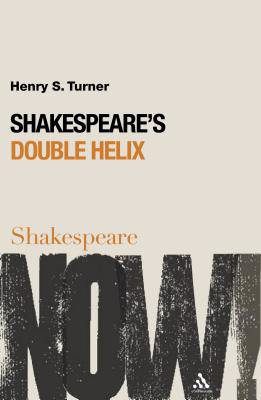
- Afhalen na 1 uur in een winkel met voorraad
- Gratis thuislevering in België vanaf € 30
- Ruim aanbod met 7 miljoen producten
- Afhalen na 1 uur in een winkel met voorraad
- Gratis thuislevering in België vanaf € 30
- Ruim aanbod met 7 miljoen producten
Zoeken
Omschrijving
What does it mean to make life? This book focuses on one of the key questions for culture and science in both Shakespeare's time and our own. Shakespeare wrote A Midsummer Night's Dream during a period when the 'new science' had begun to unsettle the foundations of knowledge about the natural world. Through close analysis of the play and reflection on modern genetic engineering, Turner examines developments in early modern culture as it sought to come to terms with the new forces of magic, astrology, alchemy and mechanics, fields of knowledge that preoccupied the most adventurous intellects of Shakespeare's period and that promised limitless power over nature. Shakespeare's writing sheds light on current developments in science, ethics, law, and religion in contemporary culture. The book reveals the richness and peculiarity of early scientific thought in Shakespeare's time and shows how the questions he poses remain fundamental as the nature of 'life' has become one of the most pressing political, ethical, and philosophical problems for society today.
Specificaties
Betrokkenen
- Auteur(s):
- Uitgeverij:
Inhoud
- Aantal bladzijden:
- 144
- Taal:
- Engels
- Reeks:
Eigenschappen
- Productcode (EAN):
- 9780826491190
- Verschijningsdatum:
- 20/02/2008
- Uitvoering:
- Hardcover
- Formaat:
- Genaaid
- Afmetingen:
- 135 mm x 198 mm
- Gewicht:
- 235 g

Alleen bij Standaard Boekhandel
+ 186 punten op je klantenkaart van Standaard Boekhandel
Beoordelingen
We publiceren alleen reviews die voldoen aan de voorwaarden voor reviews. Bekijk onze voorwaarden voor reviews.








